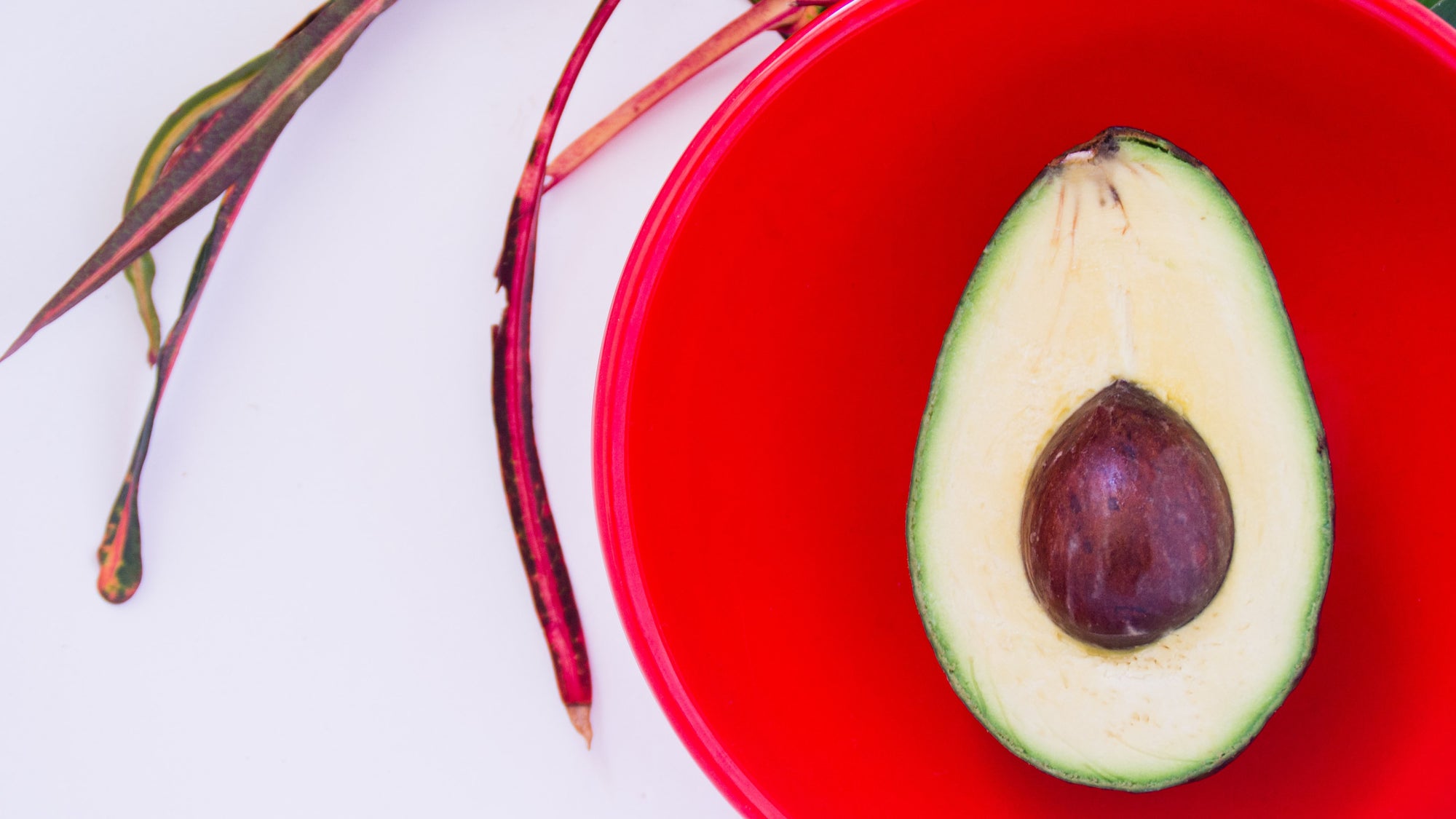

· By Nick Gramatikov
Is the Fat in Avocados Healthy?

With their creamy texture and rich, buttery flavor it may come as no surprise that avocados are a high calorie food. Although nutrient dense, many health professionals have questioned the health-benefits of avocados.
Avocados contain unsaturated fats, a heart-healthy fat commonly found in nuts, seeds and vegetable oils. But, is this a “good” or “bad” fat? Ah, the eternal question.
Consumption of dietary fats is essential for many bodily functions and is integral in preventing disease. Avocados are mostly made up of an oil that is rich in monounsaturated fat. Monounsaturated fatty acids (MUFAs) support a wide range of potential health effects, enhance nutrient and phytochemical bioavailability, and help to mask the flavor of dietary fiber. MUFAs are most commonly linked to protection against metabolic syndrome and heart disease.
Data from NHANES shows that avocado consumers have higher levels of HDL cholesterol, lower weight and lower risk of metabolic diseases than non-consumers. Other studies have found that consuming half to one and a half avocados daily can help to regulate cholesterol levels, if not reduce total cholesterol.
Interestingly, as the avocado ripens, it’s levels of saturated fat (often referred to as “bad fat”) reduces and MUFA (“good fat”) levels increase. Many dips and spreads in the standard American diet are made up of saturated fats, increasing risk for cardiovascular disease. Using avocados as an alternative to standard spreads helps reduce intake of saturated fats and improves overall cardiovascular health.
Compared to other fruits and vegetables, avocados are higher in calories and fat, however in moderation these fruits will help contribute to your overall health and wellness. Incorporating this it into your diet will maximize the health benefits of fat and reduce your risk for developing disease.
So, is this a good or bad fat? GOOD! Which means you can enjoy it guilt-free. Have you tried AvoLov’s powdered avocado yet? We like to enjoy it in salad dressings, smoothies, on top of toast and eggs, as guacamole and even in margaritas! To that, we say, “Cheers!”
References:
- Avocado Calories, Nutrition Facts and Diet Advice. March 2020. https://draxe.com/nutrition/avocado-calories/. Accessed May 2020.
- Hass avocado composition and potential health effects. May 2013. https://www.ncbi.nlm.nih.gov/pmc/articles/PMC3664913/. Accessed June 2020.
